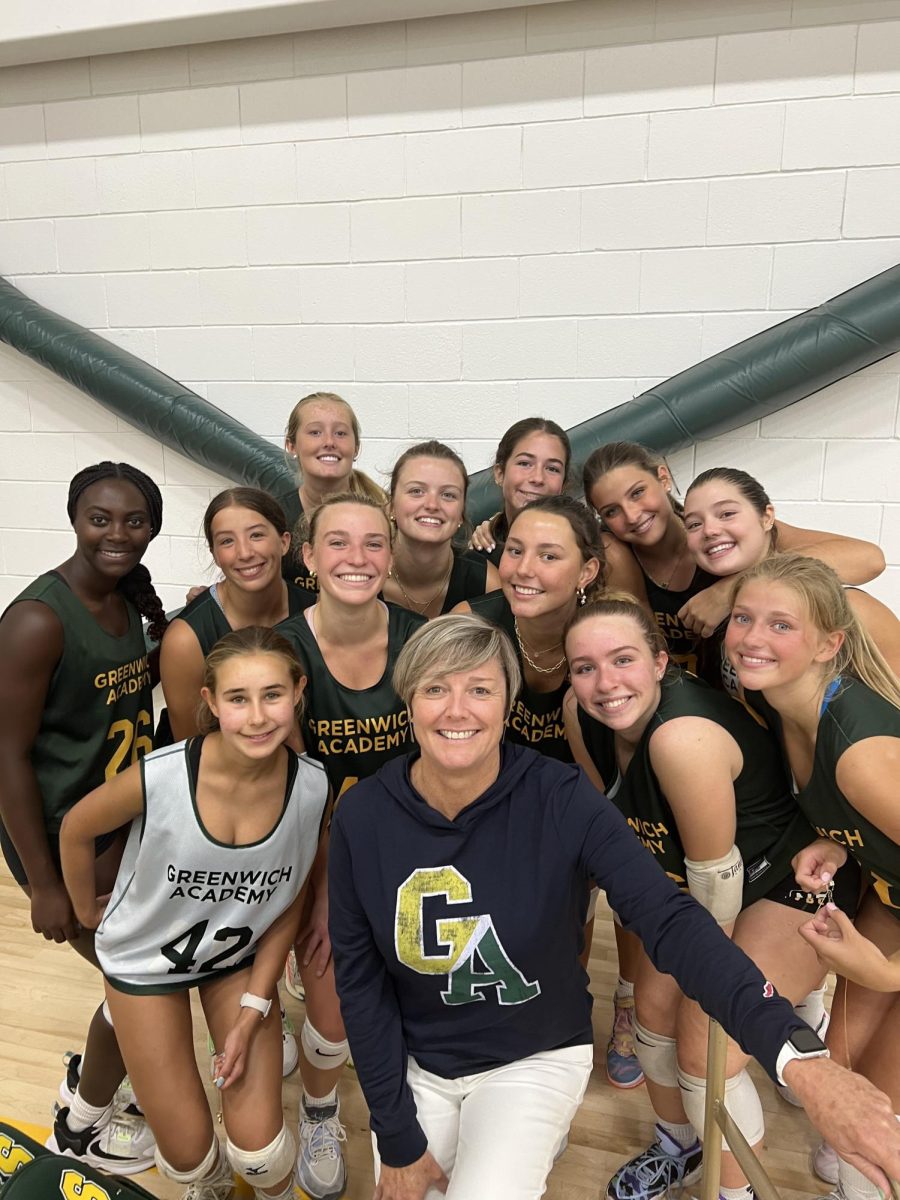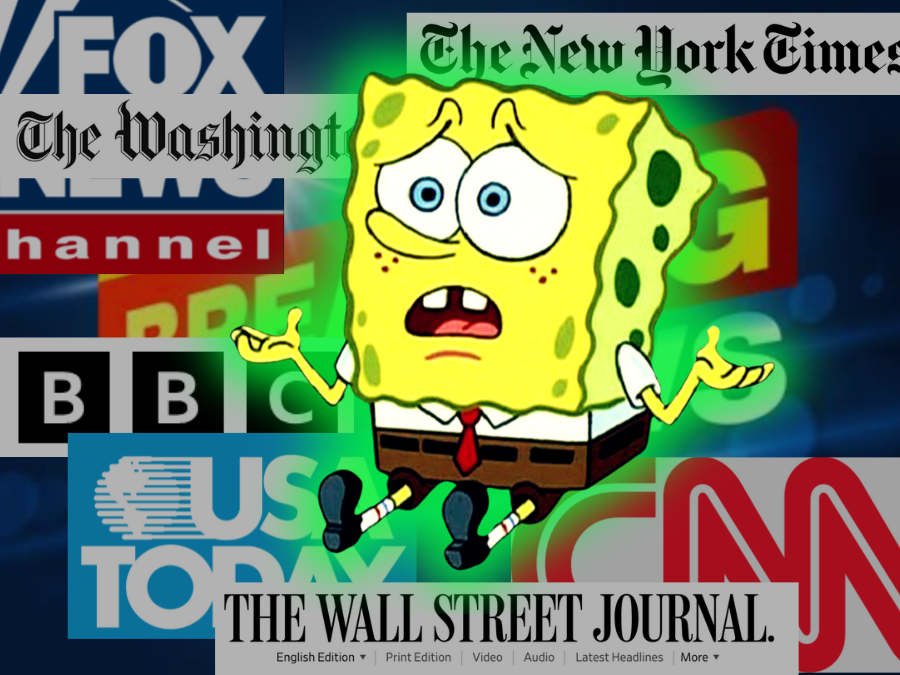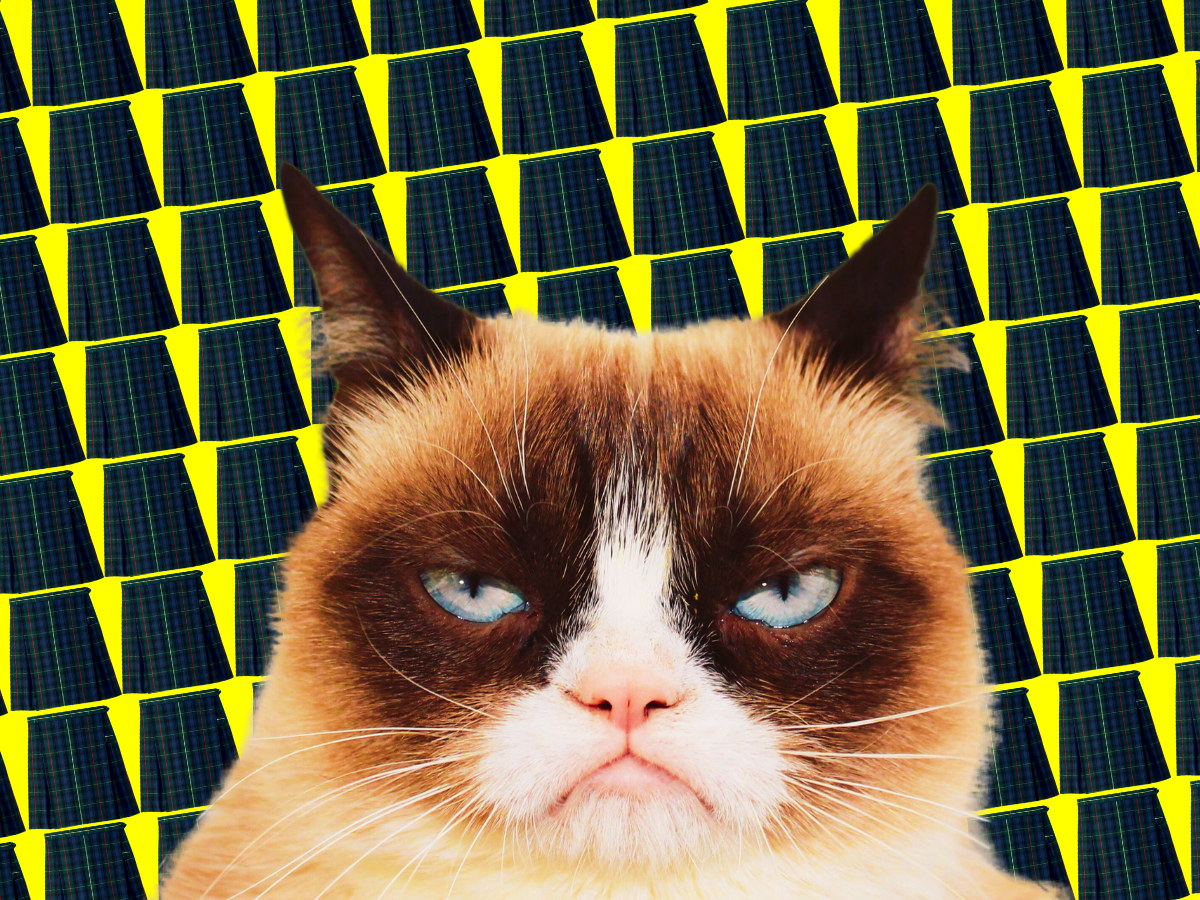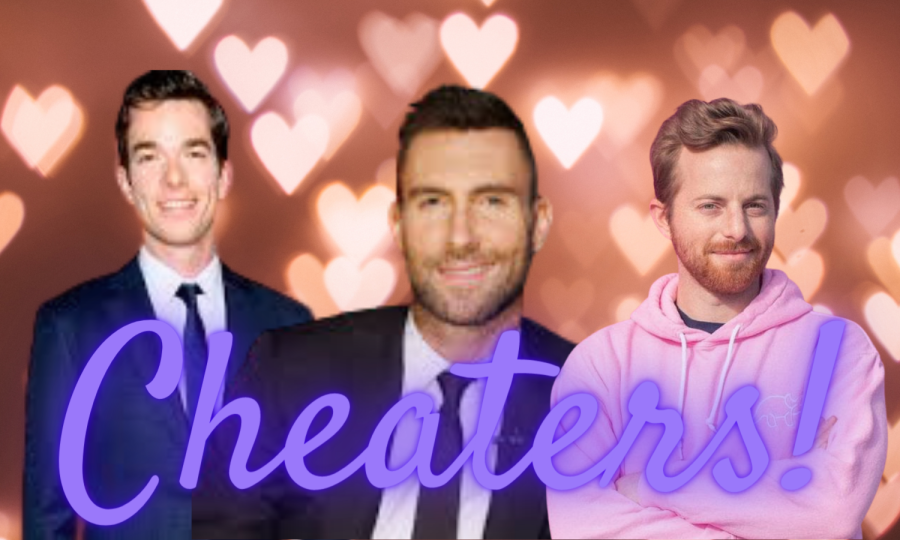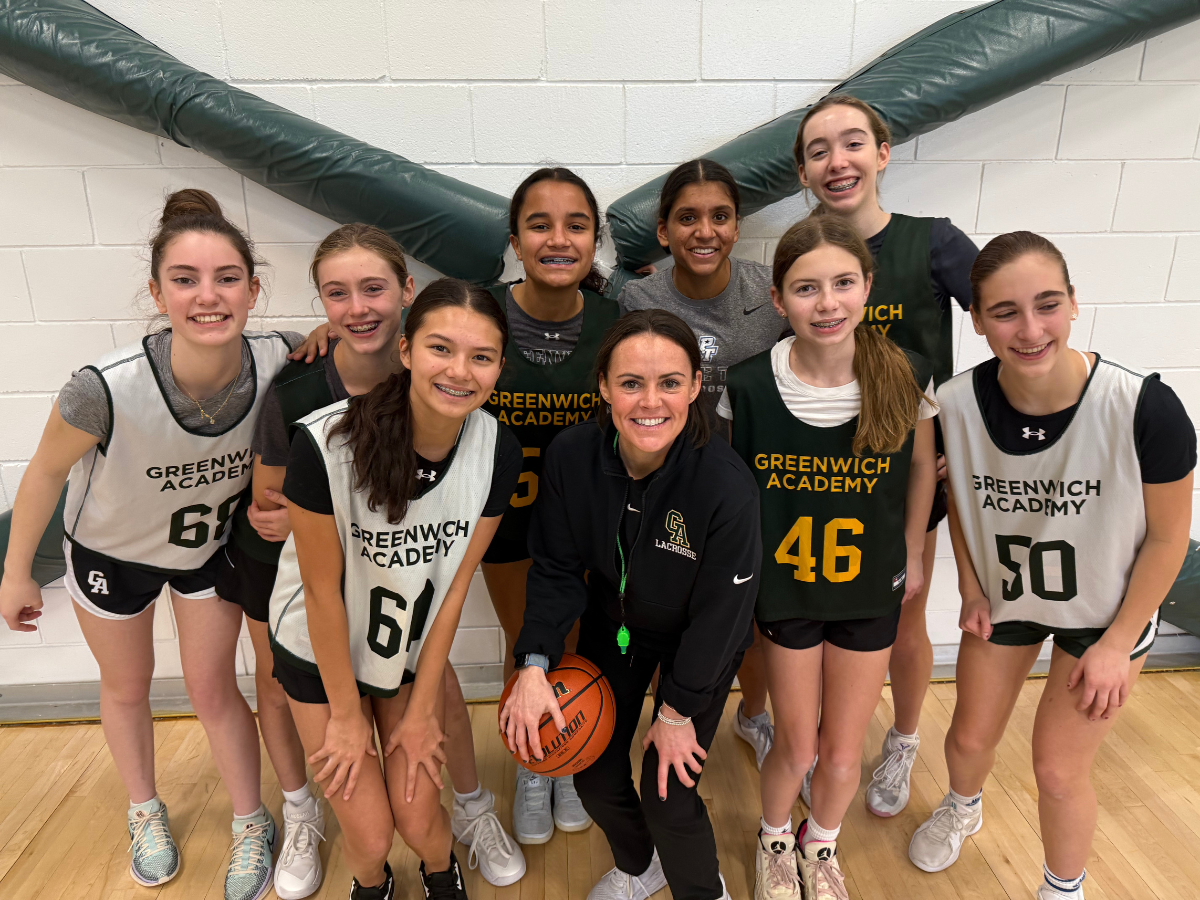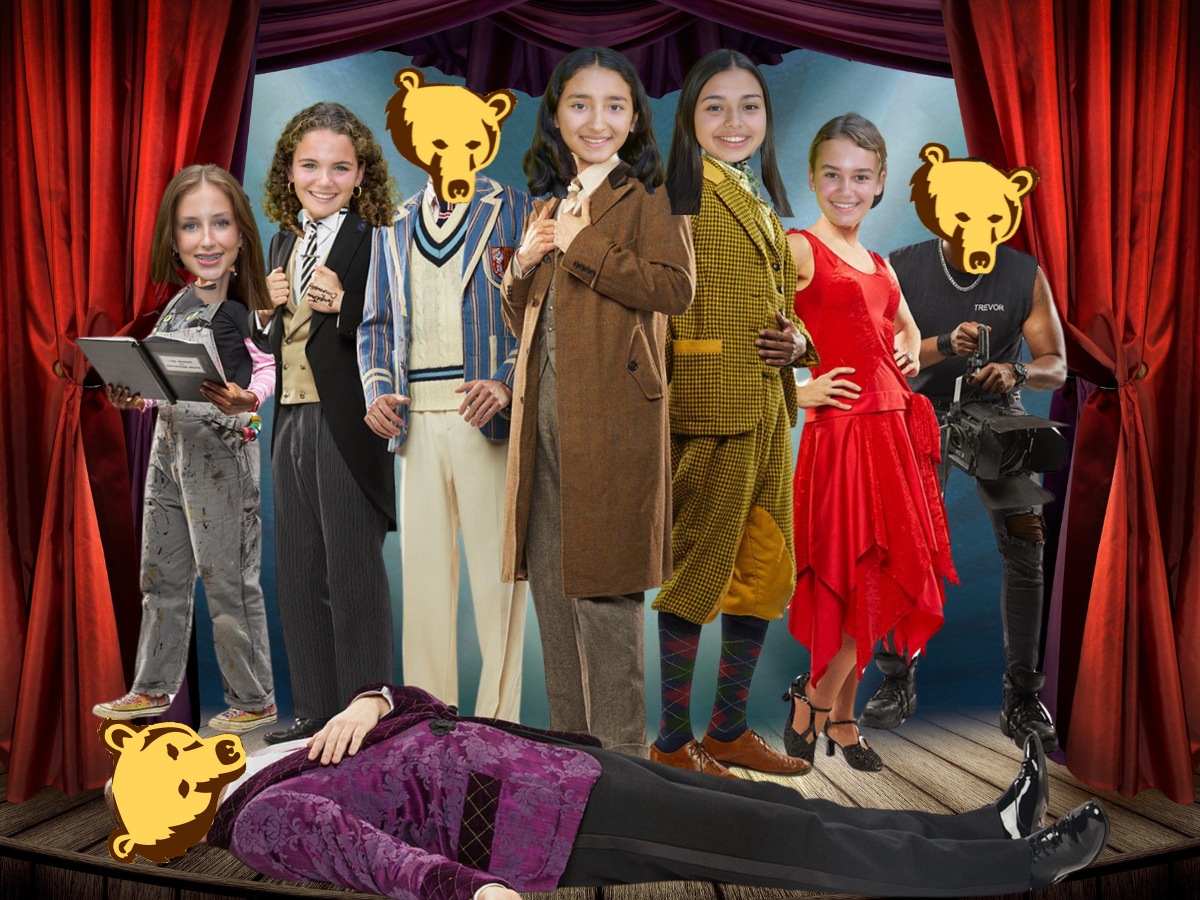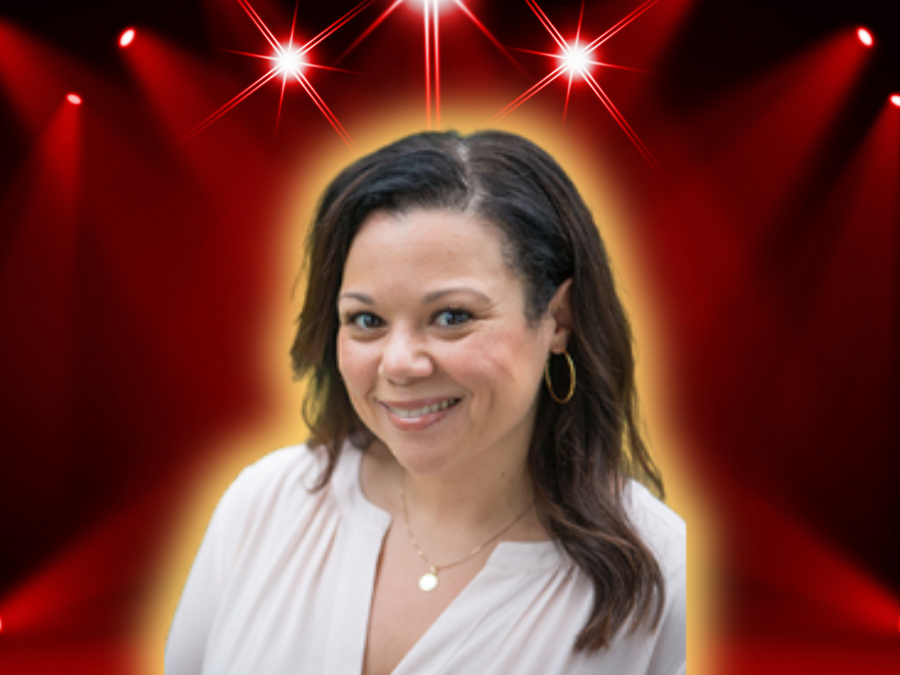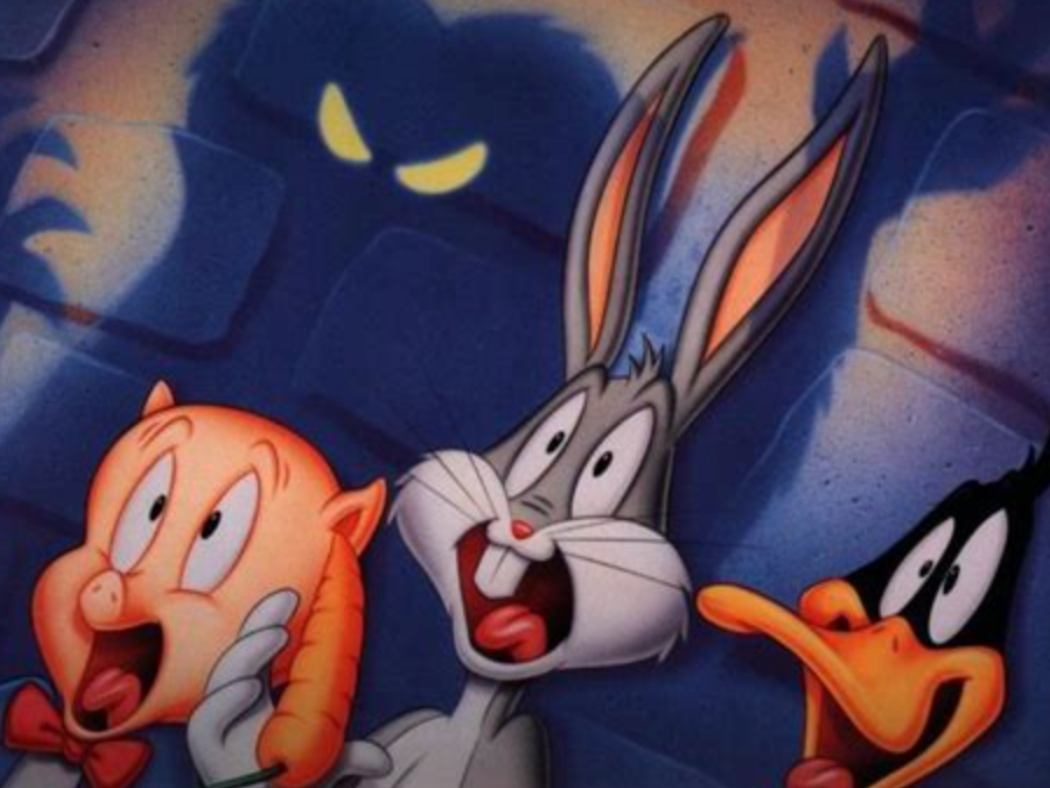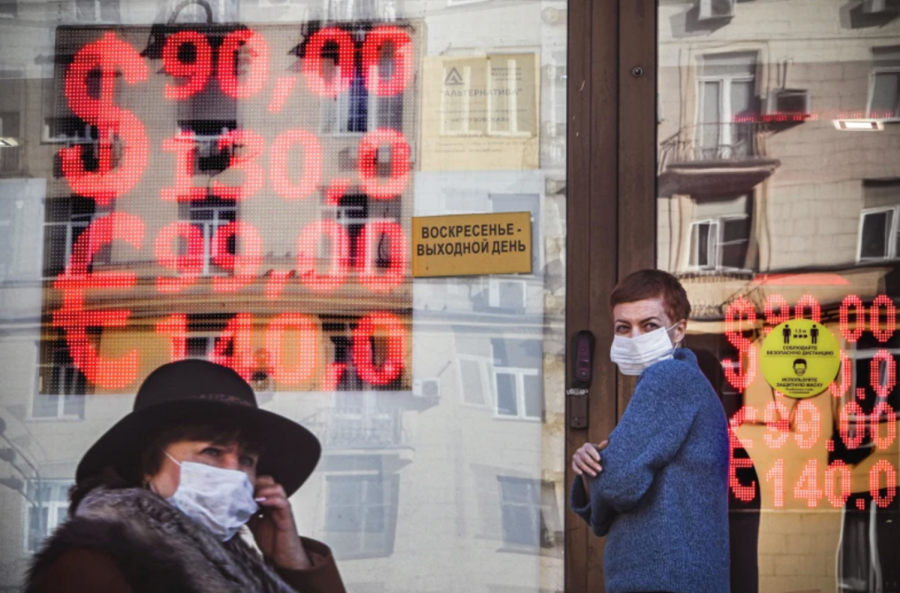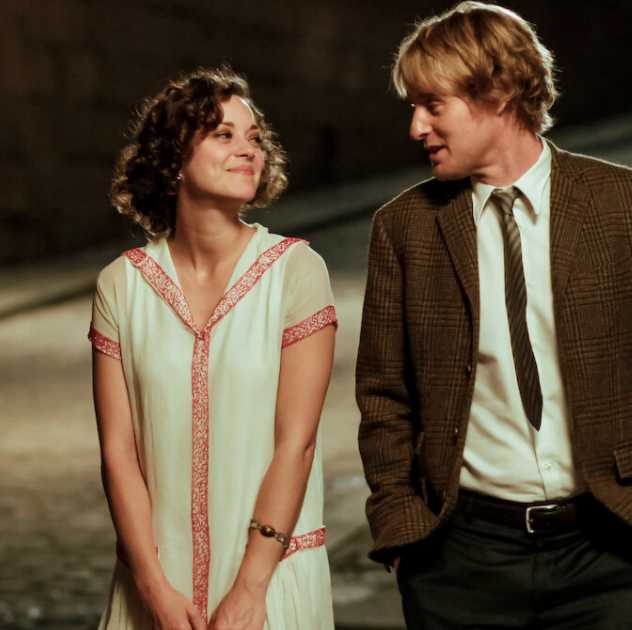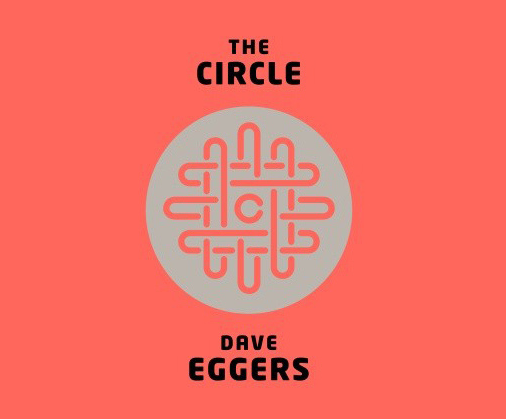Dave Eggers’ newest novel, The Circle, is very much relevant to our generation and how its obsession with all things digital could potentially take a turn for the worse.
Mae Holland is a young, 24-year-old who begins to work at the Circle, a company exploring the new world of information-sharing technology. The Circle is an amalgam of many social media and personal-tech companies such as Google, Twitter, and Facebook, seemingly compiled into a fresh, modern, and innovative company.
Even the campus, where a good part of the novel takes place, is “vast and rambling, wild with Pacific color, and yet the smallest detail had been carefully considered, shaped by the most eloquent hands.”
To the fresh-faced Mae, “it’s heaven.” Mae’s work at the Circle becomes increasingly prominent as she sinks deeper into its cult-like culture and as the Circle’s maxims gradually become more and more radical.
At one point in the novel, Mae is coaxed into making the statements “SECRETS ARE LIES,” “CARING IS SHARING,” and “PRIVACY IS THEFT.” The Circle also seeks to combine the public and private sectors to create a near-totalitarian society – one that is perfect, all-knowing, and hyper-efficient.
Eggers, inspired by an imagination of what the future of technology could be, shares his thoughts in a way that is captivating to read. He is also able to see both the positive and negative societal effects of technology.
On one hand, technology improves society and makes the world safer, like with the Circle’s child-protection program in which children are chipped to track their location if they get kidnapped. On the other hand, technology can have a potentially consuming and destructive nature, as shown when the Circle essentially becomes a monopoly, crushing almost all other competition and even starting to take over the entire nation by indirectly requiring all information to pass through the Circle as part of a mandatory “democracy program,” one that renders the government all but irrelevant.
However, there were also aspects of this novel that I disliked. The nameless majority – or rather, the normal citizens like us– lack humanity. For example, in one chapter, people mindlessly chase and follow a man’s car per the Circle’s orders to demonstrate the closeness of the digital world.
“Submit to us! Submit to our will! Be our friend,” one woman mindlessly screams to the man from a drone following his car. Not to be outdone, Mae herself is repeatedly offered, and refuses, to acknowledge the insidiousness of the Circle’s extremist ideologies.
Furthermore, there is no major opposition by the general public to the increasing invasions of digital privacy, and it seems as if most people would willingly embrace the Circle’s motto that everything should be “transparent.” Save for a few supporting characters who resist against this technological takeover, there is no company, government, or even a definite, tangible body of people who pose a formidable opponent.
The Circle is Eggers’s attempt to explore the emerging digital age and the generation that comes along with it – most importantly, he investigates how our society could be warped by misuse of technology. Although the novel has its successes and failures, it definitely stays with you long after you turn the last page.
Could these events potentially happen in our own lifetimes? The events that take place in The Circle may seem crazy now, but they may not be far off from what could happen in the future.
And that, perhaps, is why this novel could be worth a read.

